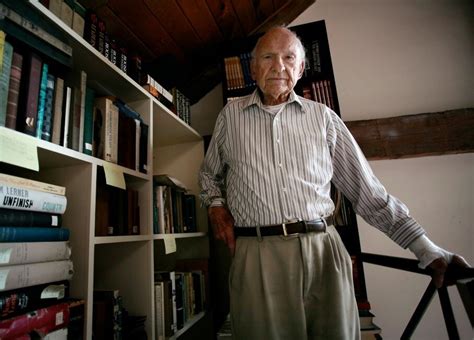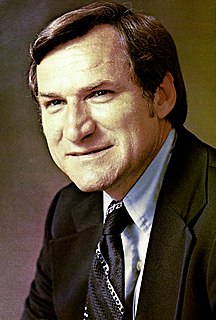A Quote by Donald T. Phillips
It is the leader's role to lift followers out of their everyday selves up to a higher level of awareness, motivation, and commitment.
Quote Topics
Related Quotes
Not many of us will be leaders; and even those who are leaders must also be followers much of the time. This is the crucial role. Followers judge leaders. Only if the leaders pass that test do they have any impact. The potential followers, if their judgment is poor, have judged themselves. If the leader takes his or her followers to the goal, to great achievements, it is because the followers were capable of that kind of response.
Often, in a given project team or network, one sees leadership roles shifting among various members at various times. Attempts to fit these into traditional views of "leader" and "follower" don't quite work. It's more like Twitter: the "leader" has "followers" - but the "followers" are empowered to alter the relationship unilaterally, and the "leader" must continually earn the consent of the "followers."
Trust is perhaps the most critical single building block underlying effectiveness. Without trust leaders do not have followers. Without trust, leaders are impotent despite great rhetoric or splendid ideas. Trust rests on the belief among followers that the leader is transparent: What you see is what there is. Trust means followers believe there is no duplicity; no manipulation just to satisfy the leader's ego. Very simply: The effective leader is transparent; that's why that person is trusted.
More than anything else today, followers believe they are part of a system, a process that lacks heart. If there is one thing a leader can do to connect with followers at a human, or better still a spiritual level, it is to become engaged with them fully, to share experiences and emotions, and to set aside the processes of leadership we have learned by rote.

































